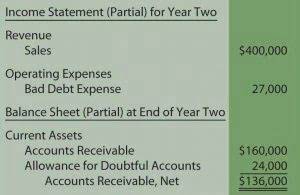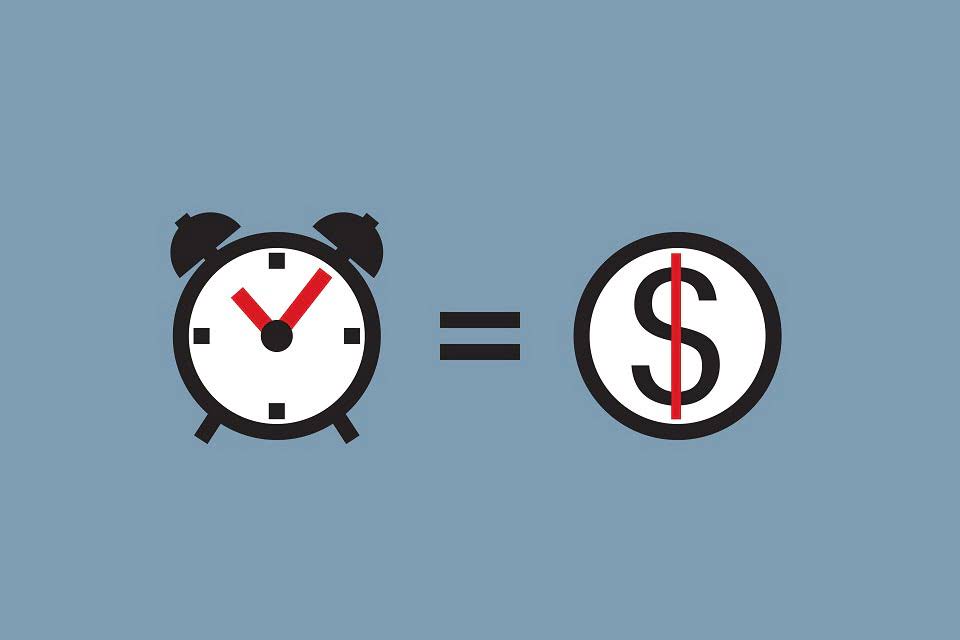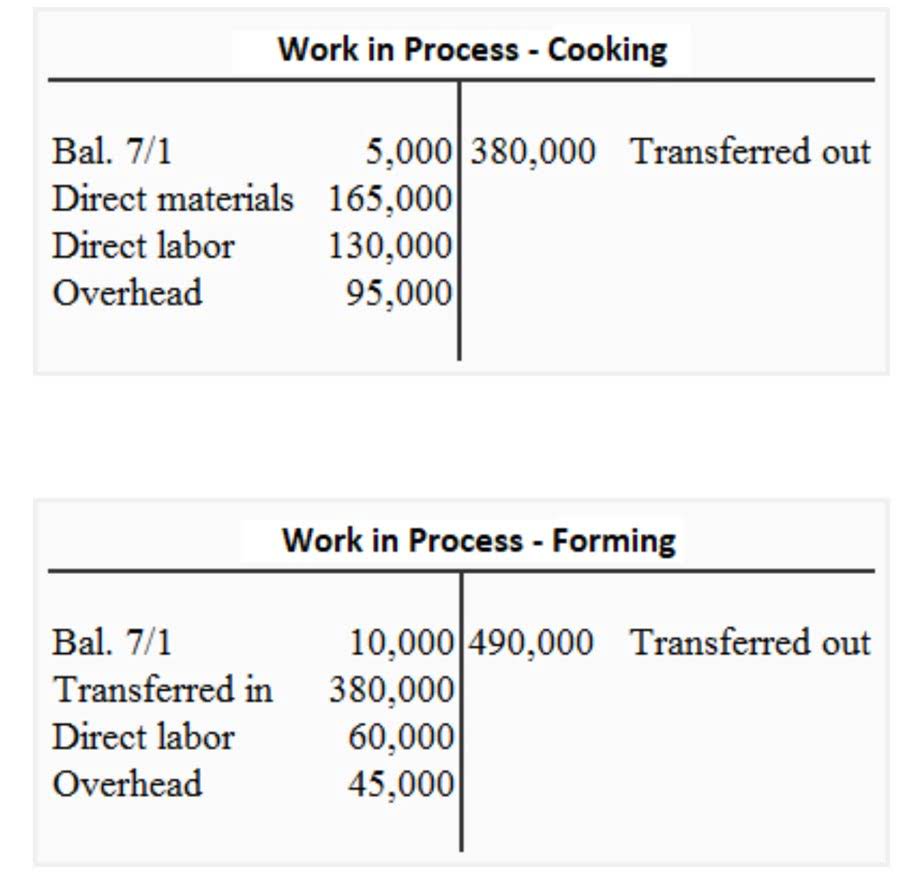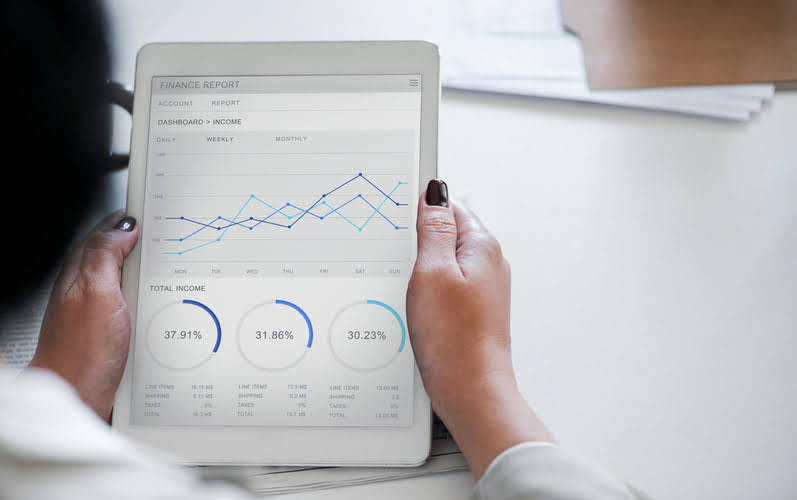
Agilie is a European IT outsourcing organization that crafts from scratch and optimizes software solutions that align with our clients’ boldest ideas. Specializing in fintech, mobile banking, and payment solutions, our software benefits multiple industries, including fintech, marketing, logistics, healthcare, real estate, etc. We aspire for client-centricity by aligning with the client’s unique needs and embedding them into effective and time-preserving SDLC-based product development. This is important for accounting to fraud prevention because it makes it difficult for fraudsters to manipulate revenue or conceal expenses. The blockchain database records the data of organizations and individuals across the world. Derek is a financier and qualified accountant and worked for the Big Four accounting firms, before joining BusinessTechWeekly.com as deputy online editor.
- The tokenization of assets is a promising application, converting physical or traditional financial assets into digital tokens.
- The computational processes required for transaction validation and maintaining the blockchain demand substantial energy consumption.
- This streamlined process accelerates the reconciliation timeline, empowers auditors with accurate and consistent data, and fosters trust in the reliability of financial records.
- Many organizations will likely be reluctant to share sensitive data (i.e., contract information, payroll) on a public blockchain and are asking important questions about the nature of blockchain and its future uses.
- Many industries are governed by strict regulations requiring businesses to maintain accurate records, such as the U.S.
- Blockchain also facilitates regulatory compliance by offering a transparent audit trail, essential for meeting the demands of bodies like the SEC.
- Central to this accounting approach is the general ledger, a comprehensive record that contains all financial transactions of a business entity.
Want to dive even deeper on the impact of blockchain on auditing?

Its transparent and tamper-proof records act as a deterrent to fraudulent behavior. Tax authorities can use smart contracts to cross-check reported income against actual transactions on the blockchain, quickly identifying discrepancies and safeguarding the tax system’s integrity. Integrating blockchain technology into accounting practices drives significant cost reductions across sectors. By eliminating intermediaries and automating processes, blockchain reduces operational expenses. In cross-border payments, it facilitates direct transactions between parties, cutting transaction fees Bookkeeping for Etsy Sellers and settlement times.

Benefits of Blockchain in Accounting
Therefore, it is not surprising that organizations have not yet embraced blockchain technology in general, and distributed ledger technology specifically. It’s not clear how long organizations will take to adopt block-chain and alternative accounting information systems due to the numerous aforementioned challenges. In the interim, CPAs should commit to learn about the technology, experiment with it and participate in its innovation. Alternatively, a firm may adopt a distributed private network, which is more like a traditional transaction ledger. Members will be independent, third-party (e.g., vendors, customers, lenders, external auditor) stakeholders that have no direct interest in colluding with other members.
Widespread Adoption of Blockchain for Real-Time Auditing

The public set represents virtually irrefutable evidence of the underlying transactions. It is important to note that organizations can control access to the data, both in terms of who can access the data and what data can be accessed. Each transaction is visible to all authorized participants, and due to the immutable ledger, it cannot be manipulated once data is added. This makes blockchain an ideal solution for industries like banking or insurance, where preventing unauthorized access or modifications to transaction histories is paramount.
- The technology provides Auditors with a secure, chronological record of financial transactions.
- Blockchain’s integration into accounting heralds a transformative era for financial processes.
- In contrast, blockchain technology offers an innovative solution by providing a transparent, tamper-proof, and distributed ledger that enhances the accuracy and efficiency of accounting practices.
- Our deep business acumen and global industry-leading Audit & Assurance, Consulting, Tax, and Risk and Financial Advisory services help organizations across industries achieve their various blockchain aspirations.
- Rick simplifies complex financial concepts into actionable plans, fostering collaboration between finance and other departments.
Services We Provide
- Each block has a group of transactions linked in chronological order to form a chain.
- In the interim, CPAs should commit to learn about the technology, experiment with it and participate in its innovation.
- So, to me, I’ll see the uneven evolution, and maybe people aren’t wanting to see Blockchain 101.
- Then when the time comes that blockchain technology directly impacts your business, you’ll be ready.
- Additionally, just because a transaction cannot be modified, that provides no assurance that it was entered properly in the first place.
- As B2B crypto payments become mainstream, blockchain adoption for business transactions will increase.
A blockchain is a distributed, peer-to-peer database that hosts a continuously growing number of transactions. Each transaction, referred to as a “block,” is secured through cryptography, timestamped, and validated by every authorized member of the database using consensus algorithms (i.e., a set of rules). A transaction that is not validated by all members of the database is not added to the database. Every transaction is attached to the previous transaction in sequential order, creating a chain of transactions (or blocks). A transaction cannot be deleted or edited, thereby creating an immutable audit trial. Automation through smart contracts blockchain in accounting also leads to substantial savings in administrative costs.

- The technology validates the transactions through consensus mechanisms such as Proof of Work (PoW) or Proof of Stake (PoS), guaranteeing data integrity and accuracy.
- Blockchain is a powerful tool against financial fraud, offering a secure and transparent method of recording transactions.
- Interoperable blockchains will facilitate seamless data sharing among organizations, fostering collaborative ecosystems and standardized practices.
- This allows users to securely transfer value or assets without having to rely on a trusted third party such as a bank or government institution.
- As blockchain technology matures, its potential for real-time transaction processing, traceable audit trails, and secure data sharing holds the promise of increased efficiency and transparency in financial activities.
However, businesses must navigate several challenges for blockchain to be fully embraced in the accounting industry. While blockchain has the potential to streamline processes, reduce operational costs, and enhance compliance, its integration into existing accounting systems may take time. Outsourcing blockchain accounting services can provide a valuable solution to these challenges.
Automated audit processes

Even if you’re not using cryptocurrency, blockchain accounting can involve US dollars and other assets. Plus, understanding the basics how is sales tax calculated of blockchain will help you follow future updates and be more prepared. Then when the time comes that blockchain technology directly impacts your business, you’ll be ready.


